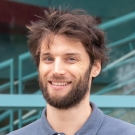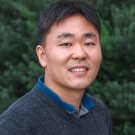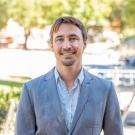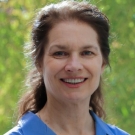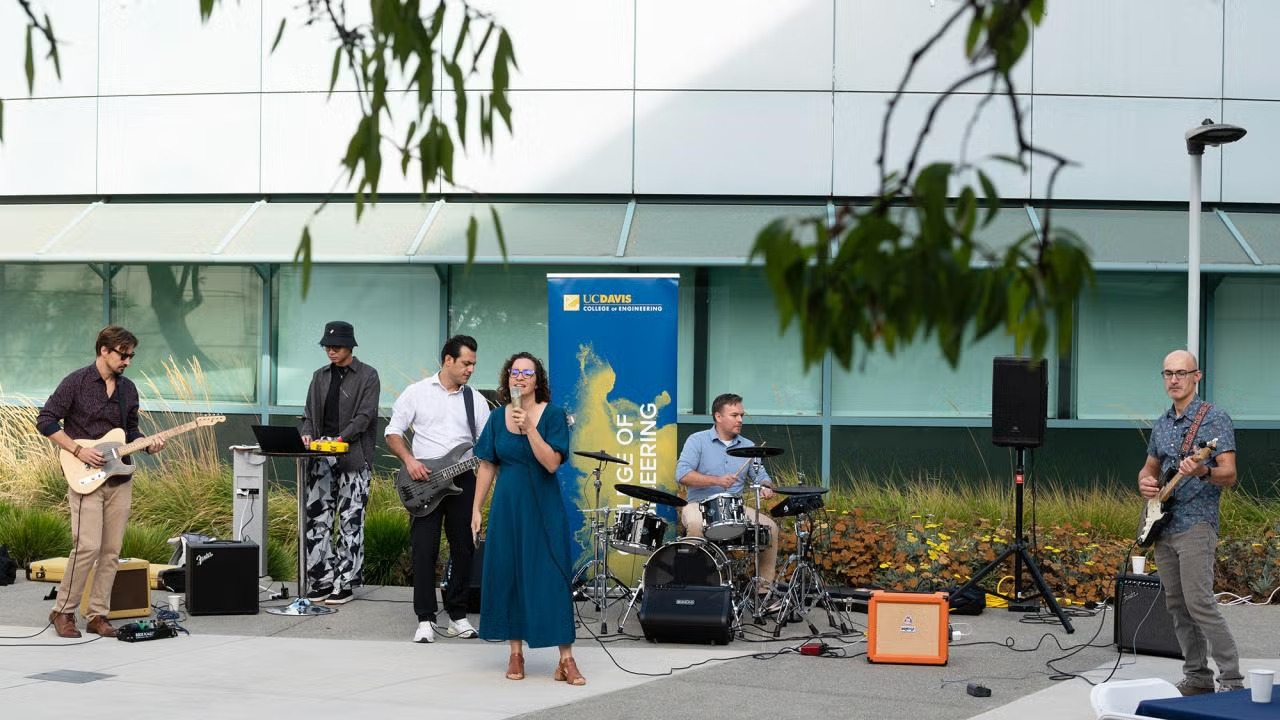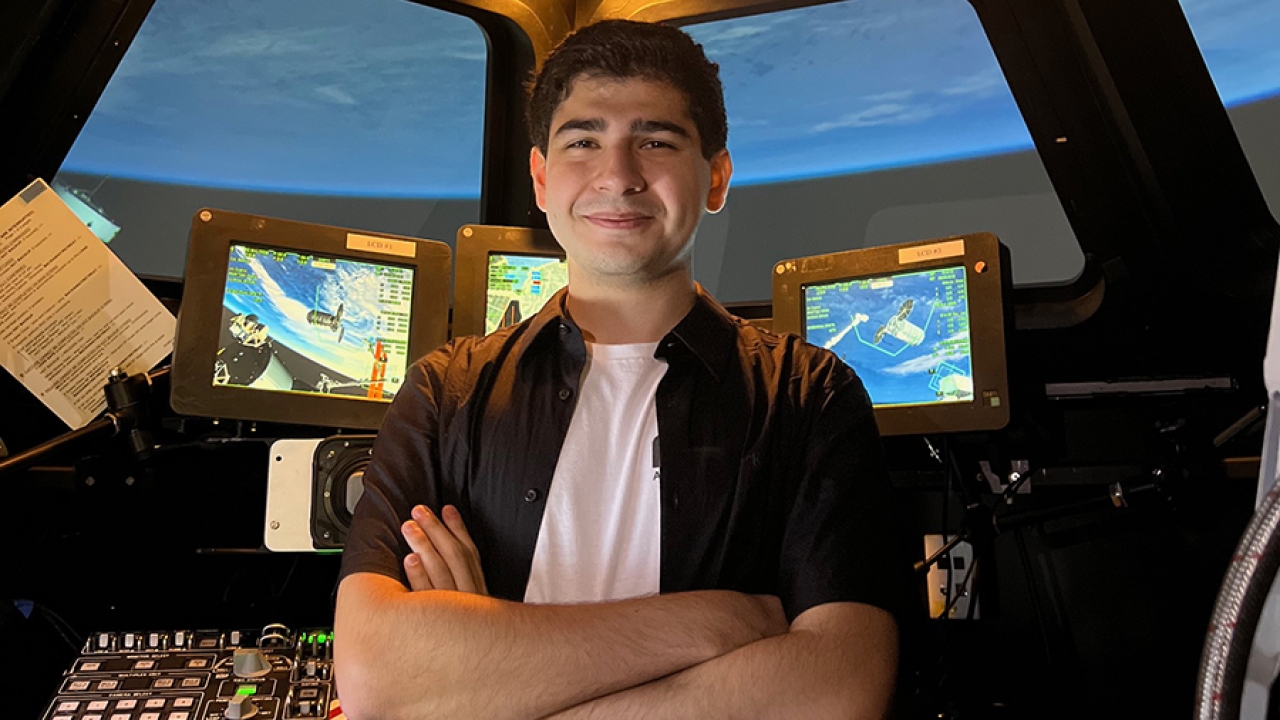The 2025 Outstanding Faculty Awards Recognize Teaching, Research Excellence
Recognizing excellence in research and teaching, the College of Engineering celebrates its faculty members with outstanding faculty awards yearly. Departments nominate faculty members who are selected to receive the honors by the college's Faculty Awards Committee.
Four faculty members will receive outstanding faculty awards at the College of Engineering Awards Celebration on May 28.

Outstanding Faculty Teaching Award
Billy Putnam, Electrical and Computer Engineering
In an undergraduate course like electromagnetics, notorious for lengthy calculations with complex vector calculus, it is telling that students under Billy Putnam say they were excited to come to class.
This is due to Putnam's knack and enthusiasm for teaching, but also to his commitment to a collaborative learning process. Putnam has innovated a series of pedagogical techniques to support group learning, such as problem-solving sessions where teaching assistants work directly with students to understand the key concepts of every lecture. These sessions also provide students with the opportunity to work together and receive feedback. This tactic has been so successful that other instructors in the Department of Electrical and Computer Engineering have adopted it.
Beyond teaching undergraduate electromagnetics, Putnam has created an interdisciplinary graduate course on nonlinear and ultrafast photonics, pulling from his extensive expertise in ultrafast laser physics and nonlinear optics. The course has received substantial praise from students in the college and at the Lawrence Livermore National Laboratory, showcasing the breadth and impact of his teaching style.
Before joining UC Davis in 2018, Putnam received his bachelor's degrees in physics and electrical engineering and his master's and doctoral degrees in electrical engineering from MIT.
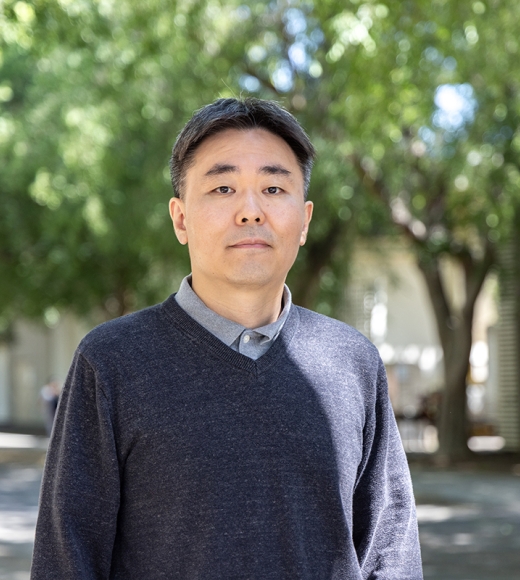
Outstanding Junior Faculty Award
Seung Sae Hong, Materials Science and Engineering
As an emerging leader in 2D quantum materials, Seung Sae Hong's research focuses on freestanding oxide membranes and their heterostructures that exhibit a variety of electronic, magnetic and quantum properties. Such exotic materials have potential for quantum computing and energy-efficient electronics beyond conventional computing devices.
Hong's research program investigates the relationships between the synthesis, structure and properties of 2D oxide materials. By combining atomically precise synthesis of thin films, advanced electron microscopy and quantum property measurements, his research group seeks to translate emergent electromagnetic phenomena into novel applications in electronics and energy technology. His research initiatives have been supported by multiple grants, including an NSF CAREER Award, an Advancing Scientific Careers in Nuclear Technology Faculty Award and UC Multicampus Research Programs and Initiatives.
Since joining the College of Engineering faculty in 2020, Hong has served as an educator and mentor, participating in many outreach programs, including UC Davis MESA and NSF MPS-High. He also created a new lab course on sustainable energy materials and is currently developing a new Master of Engineering program focused on renewable energy technologies.
Hong earned his Bachelor of Science in physics from Seoul National University, Korea, and a Ph.D. in applied physics from Stanford University.
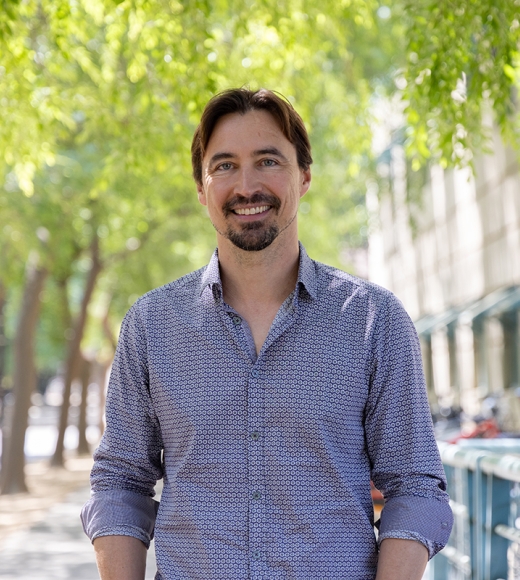
Outstanding Mid-Career Faculty Award
Jeremy Munday, Electrical and Computer Engineering
Since Jeremy Munday's early research days, earning his Master of Arts and Ph.D. in physics from Harvard University and doing postdoctoral work at the California Institute of Technology, he has made a name for himself as an esteemed contributor to the fields of quantum engineering and nanophotonics for advancing clean energy.
Munday has worked to observe and explore the Casimir force — a strong quantum mechanical effect that draws small objects toward each other — across nanoscale gaps between materials. His lab recently demonstrated several new methods for controlling it, which could lead to designing and engineering next generation nanomechanical technologies.
In the field of nanophotonics, Munday researches both fundamental and applied aspects, and how they might be used to enhance clean energy via applications like thermophotovoltaics, which convert heat to electricity and could increase the efficiency of solar panels when used in conjunction with a specially engineered optical emitter.
Since joining UC Davis in 2019, he has led several multi-institutional DARPA projects and been elected to Fellow of SPIE and Optica. A prolific and impactful researcher, Munday has authored and co-authored over 100 peer-reviewed papers and has been cited over 9,000 times.
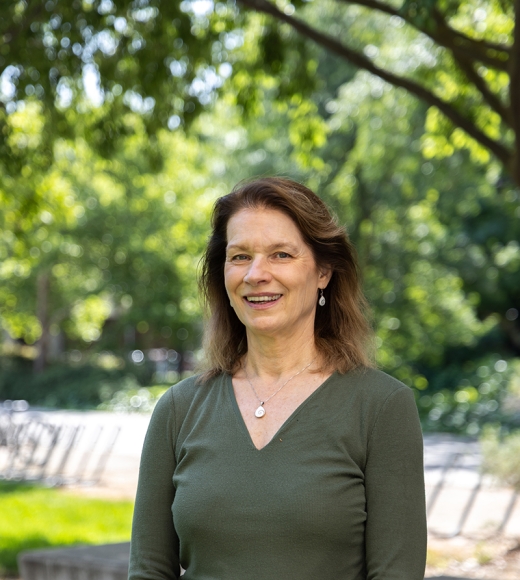
Outstanding Senior Faculty Award
Karen Moxon, Biomedical Engineering
The field of neuroengineering would not be where it is today without Karen Moxon.
She has been continuously funded throughout her career by the National Institutes of Health and the National Science Foundation, publishing over 200 papers on neural encoding and brain-computer interfaces, including her landmark 1999 article on real-time neurorobotic control in awake animals. This research was instrumental in developing closed-loop, brain-controlled neurotechnologies that restore function to patients with spinal cord injuries and epilepsy.
She is currently the principal investigator on a Defense Advanced Research Projects Agency contract, continuing this work. The $26 million award is one of the largest single PI-led awards in the College of Engineering's history.
Moxon's leadership extends beyond research. She helped co-found the Center for Neuroengineering and Medicine and is the director of the National Science Foundation-funded NeuralStorm program that prepares graduate students for neuroengineering careers, both at UC Davis. She is also the founder of Women in Neural Engineering, a global network for championing women neuroengineers.
Moxon joined the college in 2016. She received her bachelor's degree in chemical engineering from the University of Michigan, Ann Arbor, and her master's and doctoral degrees in aerospace engineering from the University of Colorado.

